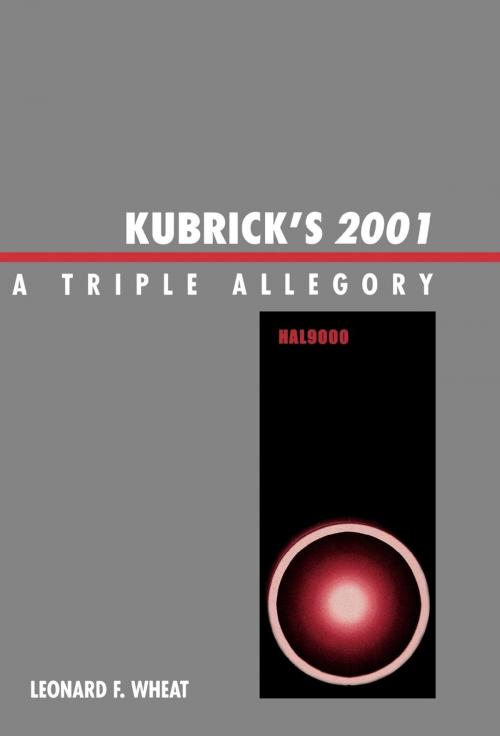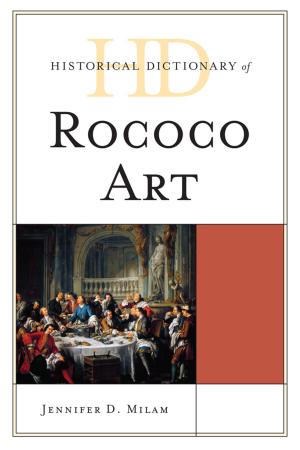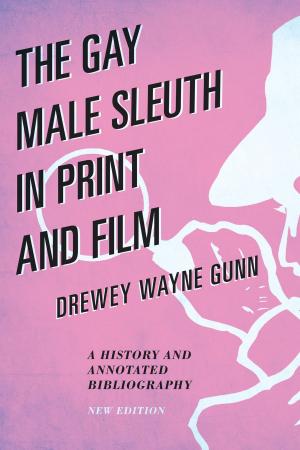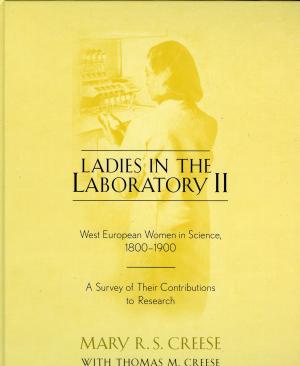Kubrick's 2001
A Triple Allegory
Nonfiction, Entertainment, Film, History & Criticism, Performing Arts| Author: | Leonard F. Wheat | ISBN: | 9781461660231 |
| Publisher: | Scarecrow Press | Publication: | June 21, 2000 |
| Imprint: | Scarecrow Press | Language: | English |
| Author: | Leonard F. Wheat |
| ISBN: | 9781461660231 |
| Publisher: | Scarecrow Press |
| Publication: | June 21, 2000 |
| Imprint: | Scarecrow Press |
| Language: | English |
Acclaimed in an international critics poll as one of the ten best films ever made, Stanley Kubrick's 2001: A Space Odyssey has nonetheless baffled critics and filmgoers alike. Its reputation rests largely on its awesome special effects, yet the plot has been considered unfathomable. Critical consensus has been that Kubrick himself probably didn't know the answers.
Leonard Wheat's Kubrick's 2001: A Triple Allegory reveals that Kubrick did know the answers. Far from being what it seems to be—a chilling story about space travel—2001 is actually an allegory, hidden by symbols. It is, in fact, a triple allegory, something unprecedented in film or literature. Three allegories—an Odysseus (Homer) allegory, a man-machine symbiosis (Arthur Clarke) allegory, and a Zarathustra (Nietzsche) allegory—are simultaneously concealed and revealed by well over 200 highly imaginative and sometimes devilishly clever symbols. Wheat "decodes" each allegory in rich detail, revealing the symbolism in numerous characters, sequences, and scenes. In bringing Kubrick's secrets to light, Wheat builds a powerful case for his assertion that 2001 is the "grandest motion picture ever filmed."
Acclaimed in an international critics poll as one of the ten best films ever made, Stanley Kubrick's 2001: A Space Odyssey has nonetheless baffled critics and filmgoers alike. Its reputation rests largely on its awesome special effects, yet the plot has been considered unfathomable. Critical consensus has been that Kubrick himself probably didn't know the answers.
Leonard Wheat's Kubrick's 2001: A Triple Allegory reveals that Kubrick did know the answers. Far from being what it seems to be—a chilling story about space travel—2001 is actually an allegory, hidden by symbols. It is, in fact, a triple allegory, something unprecedented in film or literature. Three allegories—an Odysseus (Homer) allegory, a man-machine symbiosis (Arthur Clarke) allegory, and a Zarathustra (Nietzsche) allegory—are simultaneously concealed and revealed by well over 200 highly imaginative and sometimes devilishly clever symbols. Wheat "decodes" each allegory in rich detail, revealing the symbolism in numerous characters, sequences, and scenes. In bringing Kubrick's secrets to light, Wheat builds a powerful case for his assertion that 2001 is the "grandest motion picture ever filmed."















